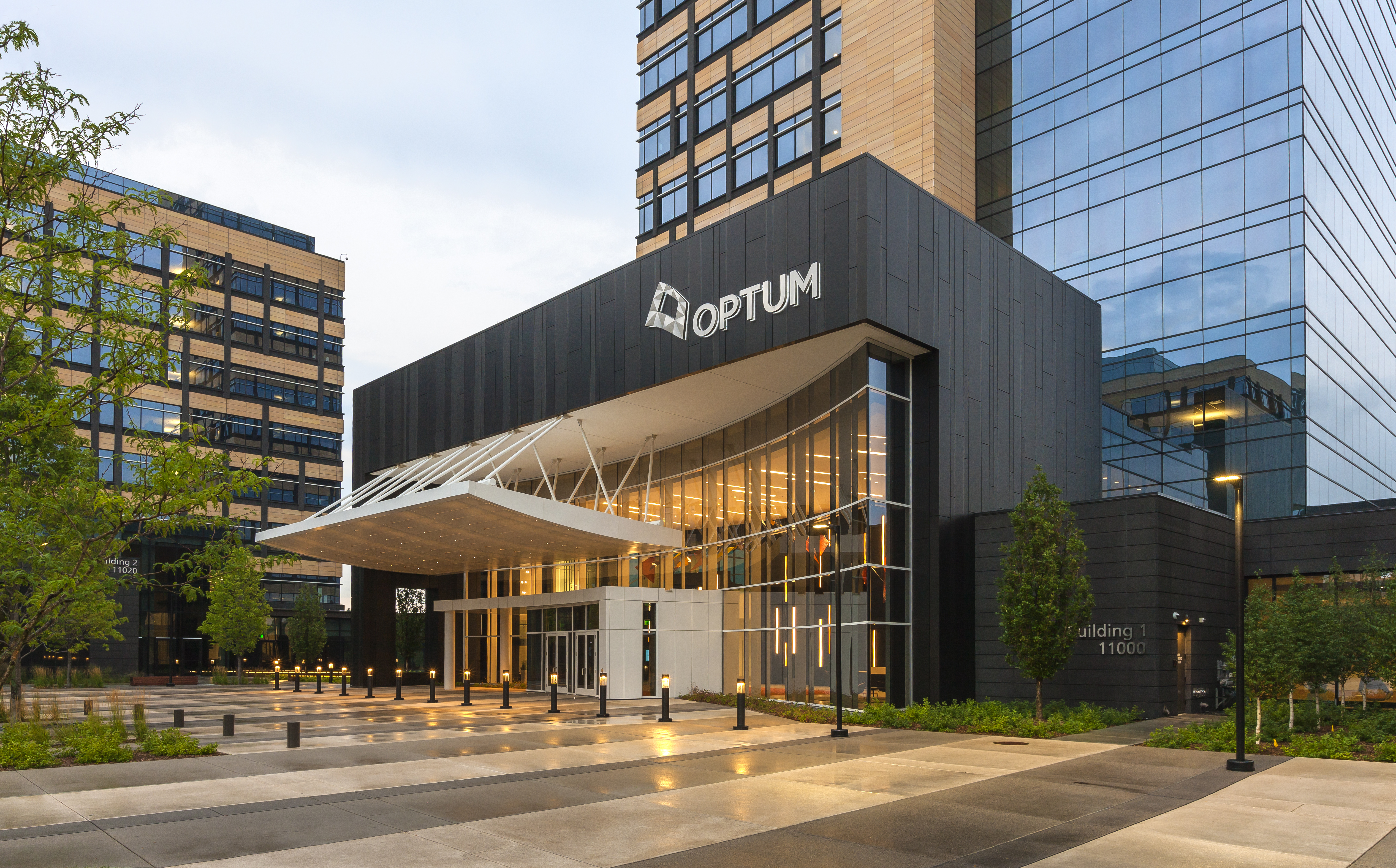
Description
In the summer of 2022, I was a Technology Development Program intern at Optum, a subsidiary of UnitedHealth Group. I was part of the behavioral health division and was in a group of 5 interns.
The internship was in a “Shark Tank” format. We were required to identify a healthcare need, design a technology solution, create a minimum viable product (MVP), formulate a business plan, and pitch to senior leadership for their buy-in.
We learned that the national average wait time for behavioral health services is 48 days, owing to a significant shortage of behavioral health professionals and high demand for their services. We saw an opportunity to continuously engage clients during the extensive wait times and improve treatment outcomes.
We decided to leverage journaling as a tool to engage and improve clients' behavioral health during wait times. Our approach was to use a 3-tiered journaling system summarized using AI, visualized in a network diagram, and analyzed to extract insights for providers. We developed a minimum viable product web application, which was well-received by Optum management.
I was responsible for team management, project management, product design, sprint planning, sprint execution, and status reporting to Optum stakeholders. I led the team in pitching our product to Optum senior leadership. Besides leading the team for our collective outcome, I defined the application framework, designed the user experience and psyche map, developed backend API endpoints, and integrated frontend and backend.
I chose to pursue this internship to experience an entrepreneurial environment and get the opportunity to brainstorm, design, and develop a product that addresses a real-life need. It enabled me to experience the challenges associated with innovation while also improve my hard and soft skills. It also enabled me to connect with and learn from experts in various areas including user experience, artificial intelligence, system design, and business pitching.
Reflection
When my team and I were designing the product, we wondered how we could leverage clients' journal entries to enhance treatment outcomes. I came up with the idea to show behavioral health providers a dashboard for each client, which would display statistics and trends derived from the client's journal entries. Especially insightful would be trends regarding the emotions the client is experiencing frequently within each situation and how the client's emotions have changed since the last appointment. The dashboard would also display AI-generated summaries of all journal entries since the last appointment. The dashboard enables providers to quickly understand the client's emotions and journal entries before an appointment, allowing them to spend more appointment time on treatment.
During the internship we had two competing goals. One was to develop a complete and coherent MVP. The other was to ensure each team member got to work on all parts of the application for everyone's individual growth. Due to the tight timeline of the project, I divided the tasks in a way that leveraged everyone's individual strengths and we successfully completed our MVP. However, this meant that most of my teammates only got to work on one or two parts of the application through the internship. As project manager, I had failed in achieving a key team goal. I learned that when I am leading a team with competing goals, it was important to strike a balance and communicate with the team early on to find a win-win solution.
I had many key learnings from this experience. I wanted to explore the process of ideation - getting to know the domain rapidly, collaborating on generating ideas, brainstorming, and zeroing in on one real-life complex problem to solve. I experienced a successful ideation process as my team and I generated ideas which were deeply rooted in Optum's domain and were promising solutions to complex real-life needs.
I wanted to hone my skills in selecting a final idea from the ideation process. I consider we scored a winner as the idea my team and I ended up selecting promised to solve a pressing need, aligned with Optum's business priorities, and was demonstrated through a MVP during the internship.
I wanted to experience and practice leading, managing, and working effectively within a team. I consider myself successful as I led and steered the team to deliver the MVP and business plan, met all stated objectives, delivered on our committed timeline, and earned the approval of Optum leadership.
Artifact
Optum considers all of our deliverables as intellectual property of Optum and does not allow us to share outside of Optum recipients. Hence, I have created the following slide deck that describes my experience, contributions, learnings, and challenges.